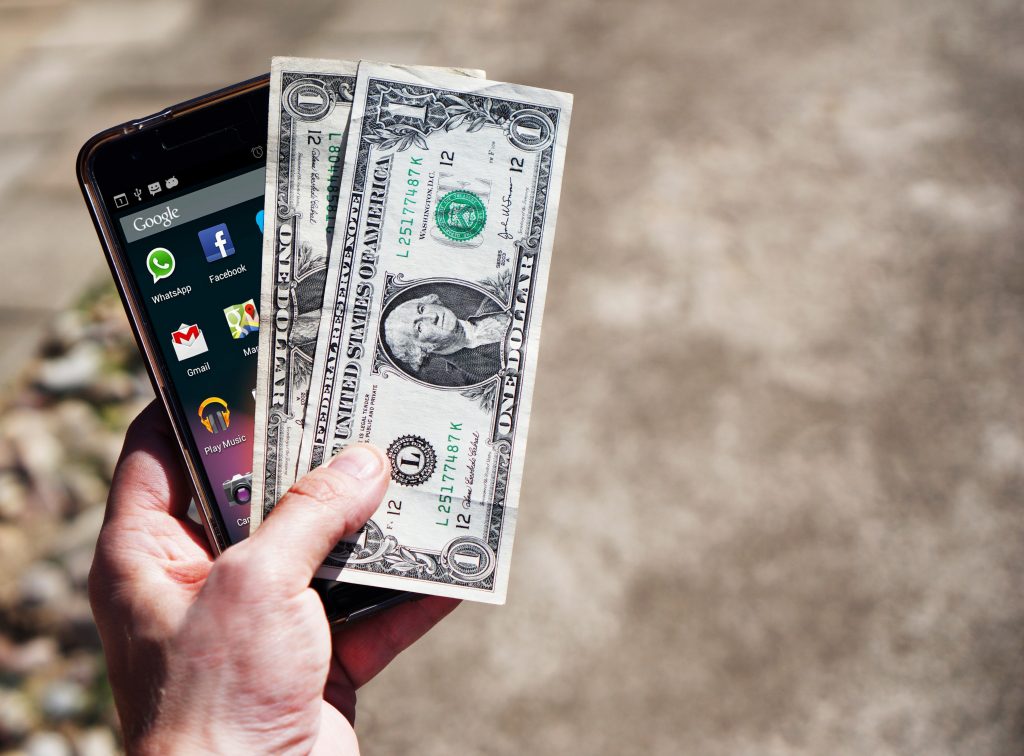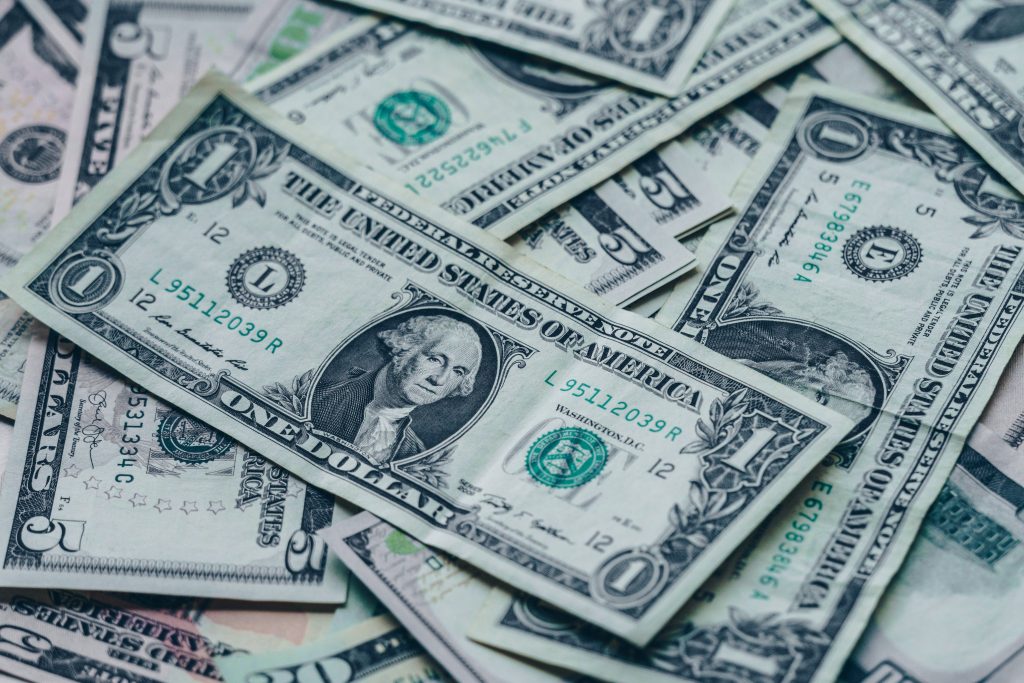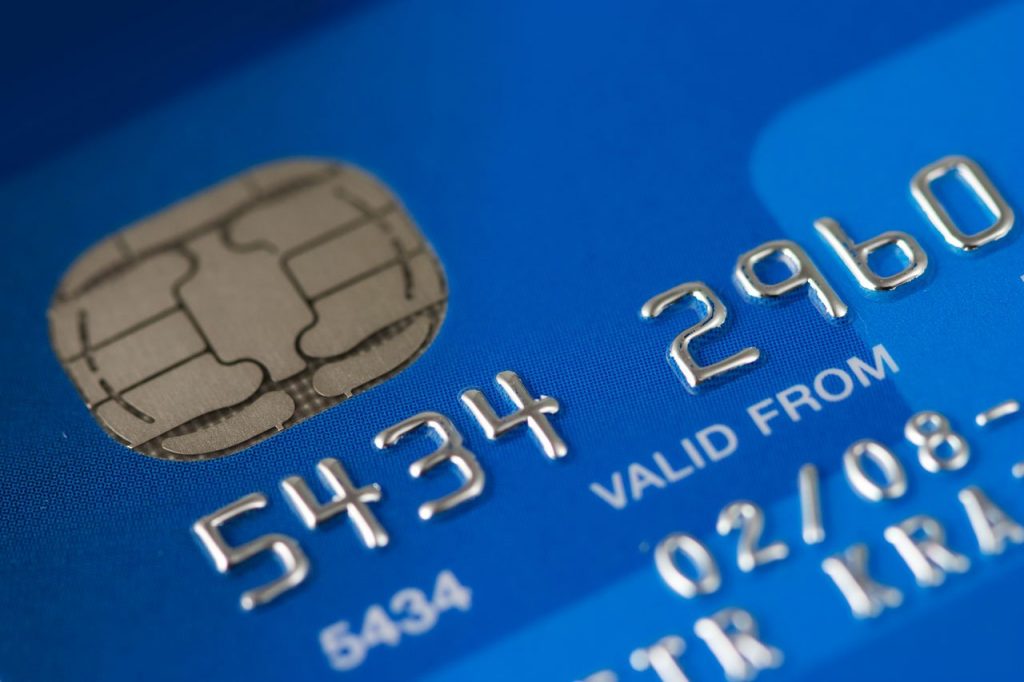A national emergency such as the Covid-19 pandemic or a deep recession requires you to take emergency financial steps to protect you and your family. This post is written to provide ideas and actions to consider.
Cut Discretionary Spending

This is an obvious one, but important to discuss anyway. If cash is tight you need to free it up by reducing or cutting out your discretionary spending. Look at all spending you can do without for a period of time. If it’s not food, shelter, clothing, transportation or insurance it is probably on the potential chopping block.
Considering cutting back or downgrading your TV service. Cancel any monthly subscriptions you can live without. You can always rejoin later. This would include areas where a vendor is charging your credit card or bank account monthly.
Look at your bank or credit card statement. Review recurring charges. What are they for? Do you need that monthly service? Can you do without it for a period of time? If so call the vendor and cancel or suspend service to free up cash.
Start buying generic
If you are buying name brands for anything, you are paying more than generic. Whether it’s food, clothing or household goods you can often find a generic equivalent for less. Buying generic would free up cash by allowing you to stretch your dollar further.
For example, Walmart has the “Great Value” brand and Costco has the “Kirkland Signature” brand. Aldi also has mostly generic products. Most stores offer generic alternatives for products. You sometimes have to look for them (brand names are often at eye level in stores and generic products are sometimes on the lower shelves). You can save quite a bit of money and free up cash by buying generic during a crisis.
See this link below for additional shopping tips.
Get your Tax refund

Complete your taxes and see if you owe money or get a refund. If you get a refund file now so that you can get that money in a few weeks.
If you owe money wait until the tax filing date to file to preserve your cash as long as possible. For 2020 the government has changed the 2019 tax filing and payment due date from April 15, 2020 to July 15, 2020. This allows you to hang on to your money longer if you owe.
Get your Unclaimed Property
You could have money out there waiting for you right now. Your first step would be to go to the appropriate state website(s) and search to see if your name comes up as someone that has money due them.
Click on the link below for the steps to follow to check to see if you have any unclaimed property.
Please go here for how to check if you have any unclaimed property
Time to use that Emergency Fund
If you have money set aside for emergencies, a national emergency such as Covid-19 would qualify. That’s what it is for – to help you and your family during a time of emergency. If you don’t need to use it yet, don’t.
When the time comes and you need it, then use it. Be smart when spending it, but the main point is to help supplement your income during very difficult times due to a job loss, cut back in hours, etc.
Deal with Credit Card debt

If you have credit card debt you can take some steps to reduce the impact. This might involve calling the credit card company and asking for a better interest rate or terms. Let them know that these are unusual times and that you need their help. It cannot hurt to ask.
See the link below for more information regarding dealing with credit card debt.
Click here for an article on steps to take on your credit card debt
Don’t Hoard
You might be inclined to hoard food or supplies. This might be a very dangerous choice for your finances. If you waste cash buying supplies you won’t use for months, that money won’t be available for things you need right now.
The supply chain will bounce back with the increase in demand. Don’t panic. There will be an opportunity to buy more down the road.
Stay in contact with your lender
If you are going to miss a debt payment, don’t try to hide. This will only make things worse.
You are better off calling your lender and letting them know. Ask for some better terms or a deferral during these very unusual times. It cannot hurt to ask. Most often they will work something out in the short run. Typically they would take any payment rather than nothing. It does depend on the lender, but at least have a discussion.
If you don’t respond the lender will often go through their normal process to deal with defaults which is what you don’t want.
Avoid panic decisions with your investments
Your investments are a complex area and it really depends on when you need the money. If you are a long term investor, understand that the market will bounce back and over time get back to previous levels.
Panic selling does one thing for sure – it locks in realized losses. The other thing it does is it creates another problem for you which is when do you buy again? When the market recovers it often recovers fast so if you are late when you buy you negated the savings of bailing out. I know this is a personal decision and a very important one so please check with your financial adviser before making a decision.
One of the best ways to manage risk is to be in index funds (broad market diversification) and have a balanced portfolio (equities to bond / cash ratio) based on your age and risk tolerance. Owning individual stocks is a lot riskier, especially in challenging economic times, as some companies might not recover financially.
Rebalancing your portfolio is the best way I know to buy lower and sell higher. Panic buying or selling almost never ends well as you are making an emotional decision rather than a logical one. Again, the key is to check with your financial adviser and try to make an informed rather than a panic decision.
Read here for more information on rebalancing your portfolio
Communicate your important financial information to your backup

If you are reading this article you are probably the one that handles the bills and finances for your family. If you have a spouse or significant other it is important that they be able to step in and pay bills or handle basic financial tasks if you become ill or unable to perform them.
For example, does your backup know where to get your passwords for key financial sites to pay bills if you pay them online? Do they know how to check your checking or savings account balances? Do they know how to move money between the accounts if necessary? Spending some time writing up the key websites and passwords and communicating the location of that information so that someone you trust could access it if they needed to pay bills for you would alleviate lots of stress for both of you if you are unable to do so.
I hope this helps you with emergency financial steps in this crisis. As always your feedback on the value of this information is appreciated.
Related Articles:
Covid-19 Punched us in the Mouth – Now What?
Paycheck Protection Program – Keep your pay going!
John G.




